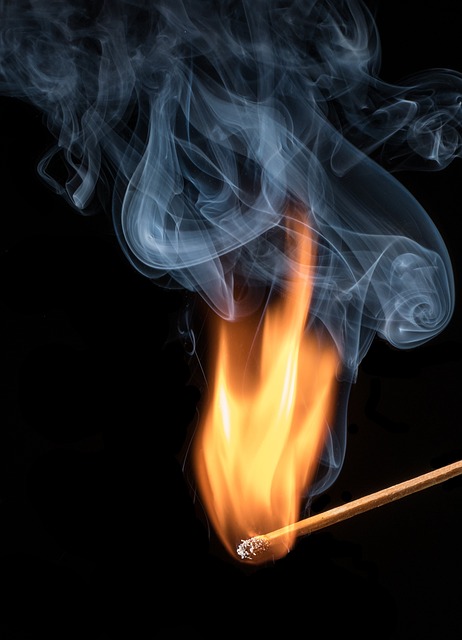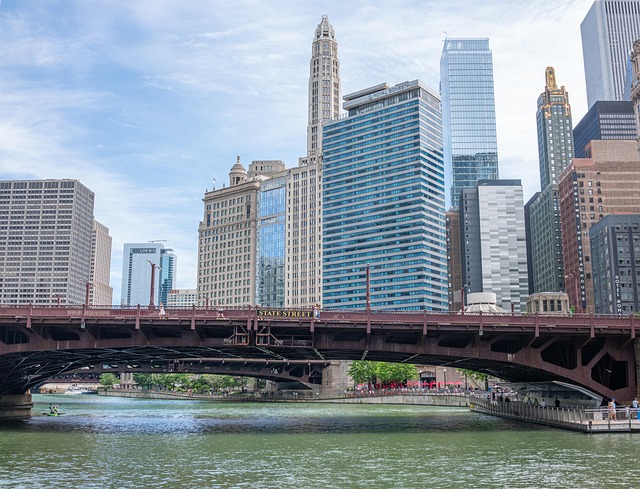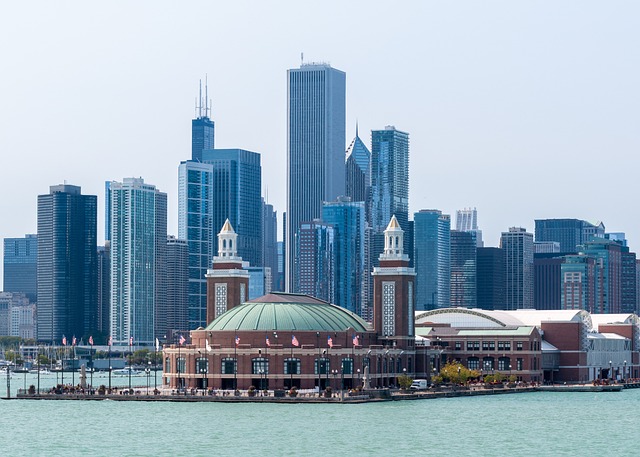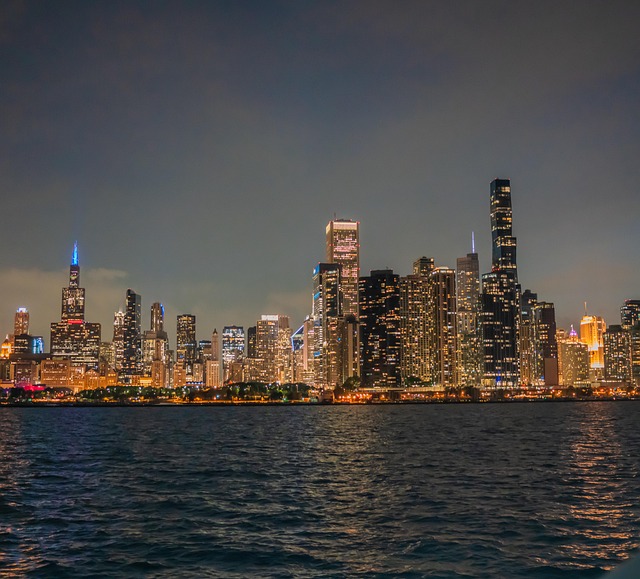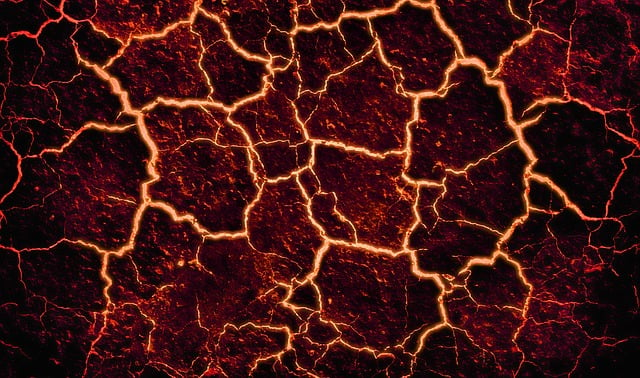Selling a fire-damaged property in Chicago requires navigating stringent housing regulations focused on safety, quality, and fairness. Homeowners must adhere to strict building codes for renovation, obtain necessary permits, disclose fire incident history transparently, and prioritize structural repairs, electrical systems upgrades, and code compliance. Understanding insurance policies, utilizing local resources, and working with professionals are crucial steps to successfully sell a fire-damaged home in Chicago while ensuring legal and safety requirements are met.
Chicago’s housing regulations are a complex web of laws and standards designed to ensure safe and livable conditions. For those looking to sell a fire-damaged home in Chicago, navigating these regulations is crucial. This article provides an in-depth overview, from understanding the city’s rules to legal disposal requirements, safety codes, insurance considerations, and local resources. Whether you’re a seller or a homeowner, these insights are essential for successfully navigating the process of selling a fire-damaged property in Chicago.
- Understanding Chicago's Housing Regulations: An Overview
- What to Know When Selling a Fire-Damaged Home
- Legal Requirements for Property Disposal in Chicago
- Safety Standards and Building Codes for Residential Properties
- Insurance Considerations for Fire-Damaged Houses
- Local Resources and Support for Chicago Homeowners
Understanding Chicago's Housing Regulations: An Overview
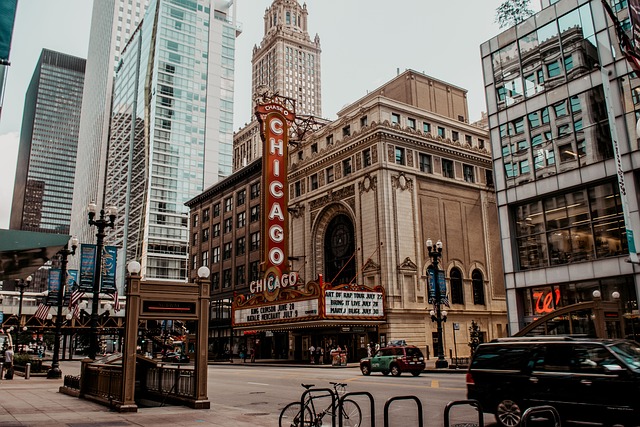
Chicago’s housing regulations are comprehensive and designed to ensure safety, quality, and fairness in the real estate market. When it comes to selling a fire-damaged home in Chicago, understanding these regulations is crucial. The city has strict guidelines for repairing and rehabilitating properties, especially those affected by fires.
For instance, homeowners must adhere to specific building codes and safety standards during the renovation process. This includes structural repairs, electrical work, and adherence to modern fire safety measures. Additionally, Chicago’s Department of Buildings oversees the inspection and certification of rehabilitated properties, ensuring they meet all necessary criteria before a fire-damaged home can be sold legally and securely.
What to Know When Selling a Fire-Damaged Home

Legal Requirements for Property Disposal in Chicago
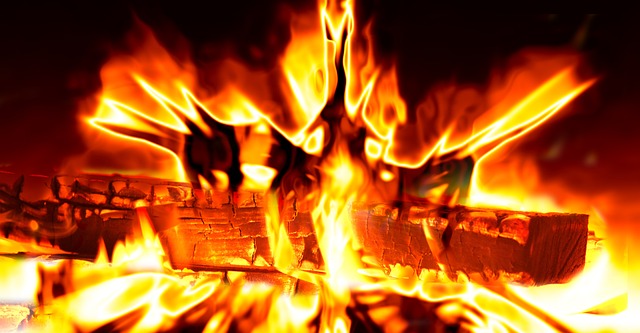
In Chicago, the process of disposing of a property, especially a selling fire damaged home, is subject to stringent legal requirements. These regulations are designed to protect both property owners and potential buyers, ensuring that all homes on the market meet certain safety standards. Before putting a fire-damaged property up for sale, it’s crucial to understand these guidelines thoroughly.
The first step involves assessing the extent of damage caused by the fire. Any structural repairs required must adhere to the city’s building codes and regulations. It is also mandatory to obtain necessary permits from the Chicago Department of Building and Zoning before undertaking any renovation or restoration work. Additionally, when selling a fire damaged home, homeowners should disclose all relevant information about the incident and its aftermath to prospective buyers to avoid legal complications in the future.
Safety Standards and Building Codes for Residential Properties

In Chicago, safety standards and building codes for residential properties are stringent, especially after a property has been identified as fire-damaged. Selling a fire-damaged home in Chicago requires adhering to these regulations to ensure the safety of future residents. All structural repairs must be made to meet or exceed local building codes, focusing on aspects like roof stability, wall integrity, and floor strength. Additionally, electrical and plumbing systems need thorough assessments and upgrades to comply with current safety standards.
These measures are in place to prevent potential hazards and ensure the well-being of anyone who purchases a fire-damaged home in Chicago. The process involves thorough inspections, detailed documentation of repairs, and potentially significant renovations. It’s crucial for sellers to work with qualified professionals who understand these regulations to navigate the selling process smoothly while prioritizing safety.
Insurance Considerations for Fire-Damaged Houses

When a house in Chicago sustains damage from a fire, several important considerations come into play for homeowners looking to sell, especially regarding insurance. The first step is to assess the scope of the damage and understand the coverage provided by your policy. Many standard home insurance policies include provisions for repairing or replacing structures damaged by fires, but the process can be complex. It’s crucial to review the policy language carefully, noting deductibles, coverage limits, and any specific exclusions related to fire damage.
Selling a fire-damaged home in Chicago may require additional steps to ensure compliance with building codes and safety regulations. Insurance adjusters will often provide an estimate for repairs, which can be used as a guide for potential buyers and sellers. In some cases, if the damage is extensive, it might be necessary to obtain permits and complete restoration work before putting the property back on the market. This process not only ensures that the home meets safety standards but also maximizes its resale value after the fire incident.
Local Resources and Support for Chicago Homeowners
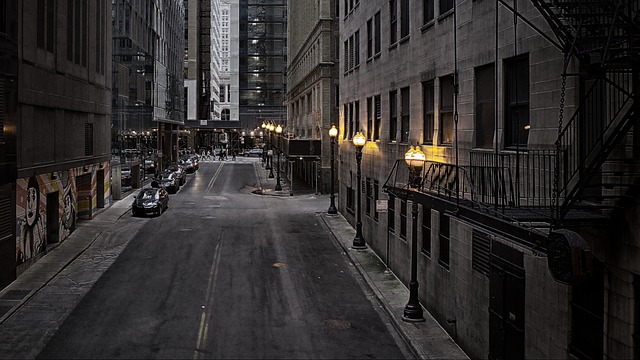
Chicago homeowners facing challenges, such as a selling a fire-damaged home, can tap into a rich network of local resources and support systems designed to help them navigate these complex situations. The city offers various programs aimed at providing assistance to property owners, ensuring they have access to necessary tools and information. For instance, the Chicago Department of Building and Zoning provides guidance on rebuilding and restoration after disasters like fires, including permits and inspection services.
Additionally, non-profit organizations and community groups play a vital role in assisting homeowners during difficult times. They offer resources for financial aid, legal support, and connecting property owners with contractors specializing in fire damage restoration. These initiatives ensure that Chicago residents have the backing they need to rebuild and revive their homes, fostering a resilient community environment post-disaster.
Selling a fire-damaged home in Chicago involves navigating a series of specific regulations designed to ensure safety and protect homeowners. Understanding these regulations, from legal requirements for property disposal to building codes and insurance considerations, is crucial for a smooth transition. By familiarizing yourself with the local landscape, you can effectively manage the process of selling a fire-damaged property in Chicago, ensuring compliance while maximizing your options.


